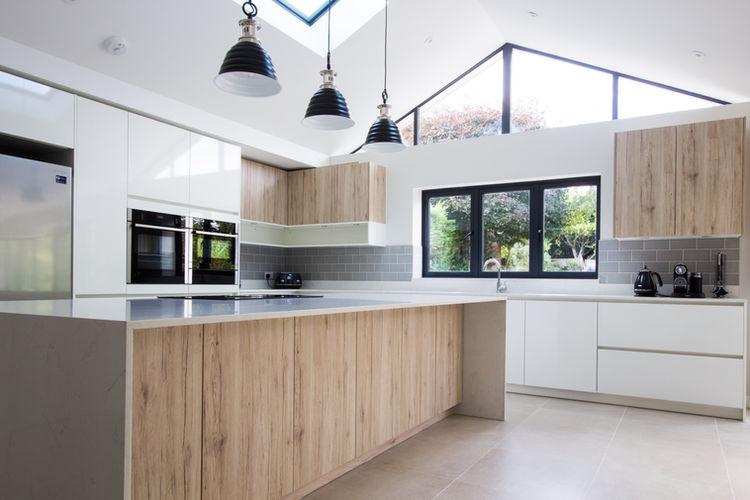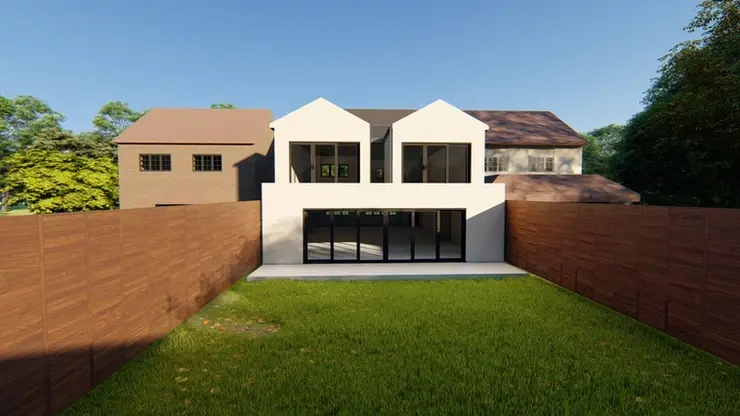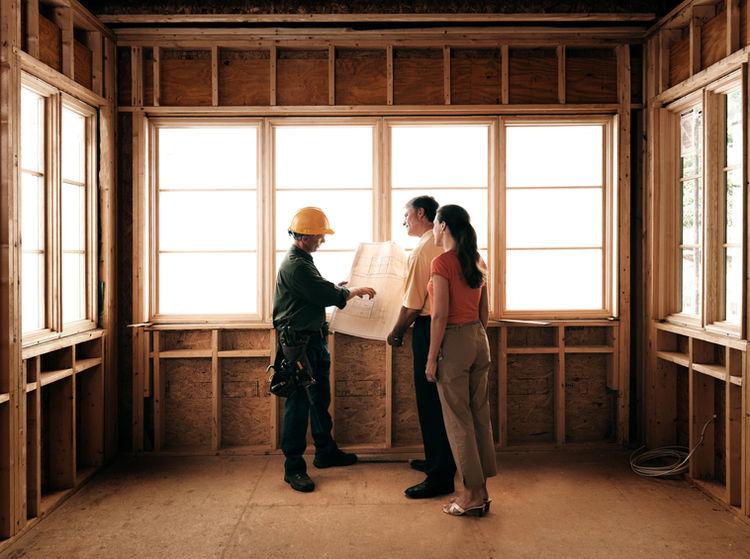As it is widely known, the housing market is really slow now in London, and other areas of the UK. Moreover, we do not have any evidence to think that it will gain speed in the near future. Therefore, many people choose to extend their home instead of moving to a new property. You may also consider to perform an extension in your home, however there are some important things that you should know before starting a home extension.

This could be the most important factor which affects the extension process. Generally, we ask our clients their budgets before starting any extension project.
The best thing to do before starting an extension project is to decide what you can do without exceeding your budget. You should also include potential extra expenses such as the cost of planning application and architect’s fees. Mostly, builders and architects will quote net of VAT. Therefore, you should also add the 20%. After deciding the budget, please stick to it.
2 – WHAT IS THE GOAL OF YOUR EXTENSİON?
Knowing what you want is really important in extension projects. Do you need an extra room that you can enjoy as a family, an extra bedroom or a home gym? What you need in your home will determine what type of extension would be the best choice for you.

If you decide to have an extension in your property, you should know that it will be a long process. Even obtaining planning permission and building regulations approval could take months. Therefore, you must be patient. Your regular lifestyle may be interrupted for a while. Bet the result will be worth it.
We advise you to think carefully before deciding the time of extension. You should choose the best time for long construction works. Family events or similar occasions that you need to full use your home would not be a proper time for an extension project.
4 – IS PLANNING PERMISSION NECESSARY?
Planning permission is an important issue and you should also take it into account before starting an extension project. Some types of extensions like loft conversions or single storey extensions, or specific types of sunrooms do not require planning permission. However, some types of extensions require planning permissions. Thus, we advise you to check local planning regulations and requirements before starting any extension project. Asking your architect would be a good option.
Studio 20 Architects offer you a free consultation meeting which covers every detail of the extension project from planning permission to finding the right type of builder. Thanks to these consultation meetings you can save weeks.

If you think that we advise you to work with an architect because we are an architecture firm, we can say that you are wrong.
We advise you to trust professionals because we want the best for you. Big projects like external home extensions or loft conversions are not easy DIY works that you can complete yourself. Even most skilful DIYers experience some big problems when they try to complete these projects on their own.
To perform any type of big alterations in your property, you should work with a professional architecture firm. This is especially important in the planning permission process. Your application to the local authorities must include plans produced by professional structural engineers and architects. Thus, you should also take the cost of engineers and architect into account in your application.
6 – THE IMPACT OF YOUR PLAN ON YOUR NEIGHBOURS
The possible impact on your neighbours’ properties is also important in big alternations you make in your property. Does your property and your neighbour's property share a wall, and your neighbour’s property would be damaged by your extension?
You should also think about the social aspect of the extension. The noise may impact the life quality of your neighbour in a negative way. Thus, you should fully inform your neighbours about your intentions before starting the project.

If your property is located in a designated conservation area, or is a listed building, there would be strict control on the alterations you can make or cannot make in your property.
Some clients do not know if they are in a conservation area or not. To come through this problem, you should use your architect’s knowledge.
8 – THE PLACE OF EXTENSİON
The next important issue is about where you put the extension. Up, down or out to the side are possible choices for extensions.
Loft conversions are gaining popularity these days. If you have extra space in your attic that you can convert to a room, loft conversion would be a good choice for you to extend your property.
Single storey or two storey extensions are the most popular types of extensions. You can gain extra spaces in your home thanks to these types of extensions. If you decide to perform a single storey or two storey extension in your home, that means your home would be extended out to the side.
Talking to your architect is a good option again about the type of extension.

You must choose good builders to perform the extension in your property. Builders are really important factors that affect the result of extension even in the small projects like a loft conversion. You should make your decision carefully, and listen to the recommendations of your friends. You can also ask your architects if they provide contacts.
Worth of mouth will be the best guide for you, but you must have a look at the previous works of builders before hiring them.
10 – SET A TIMETABLE FOR THE PROJECT
Setting a strict timetable would help you in the process. If you set up a strict time plan for the project, you can prevent potential overruns. In that way, you won’t have to live on a building site for a long time.
Do not forget that extensions have an impact on your life quality, and you should try to minimise them.
